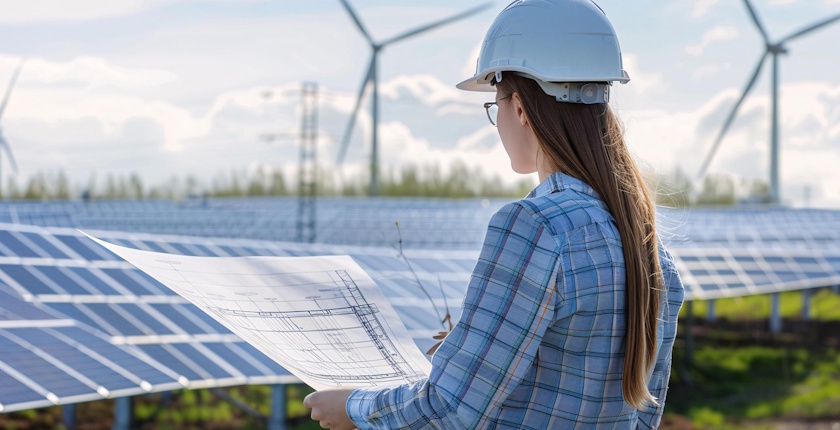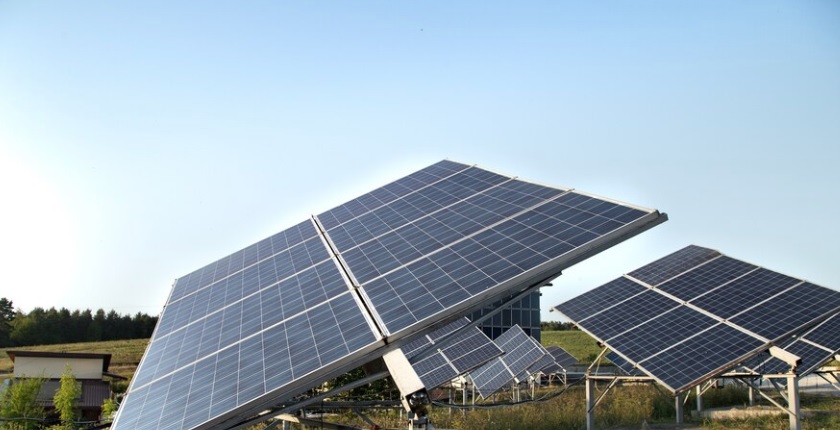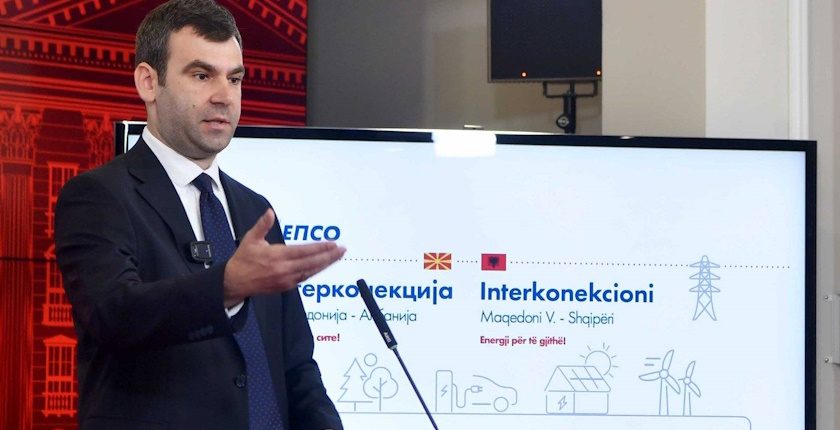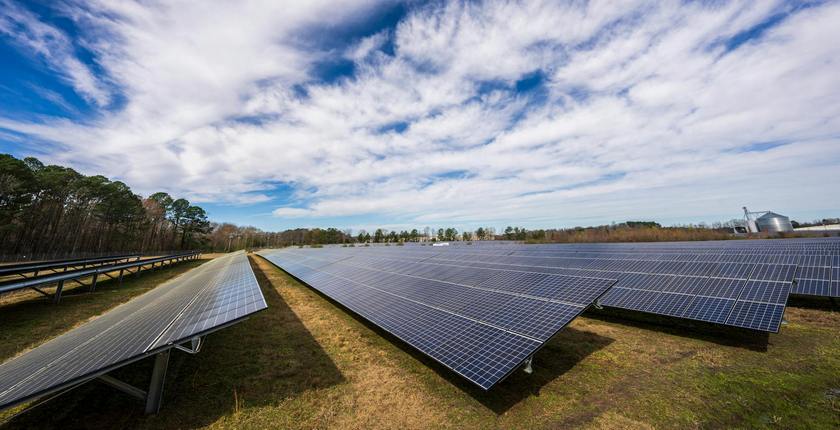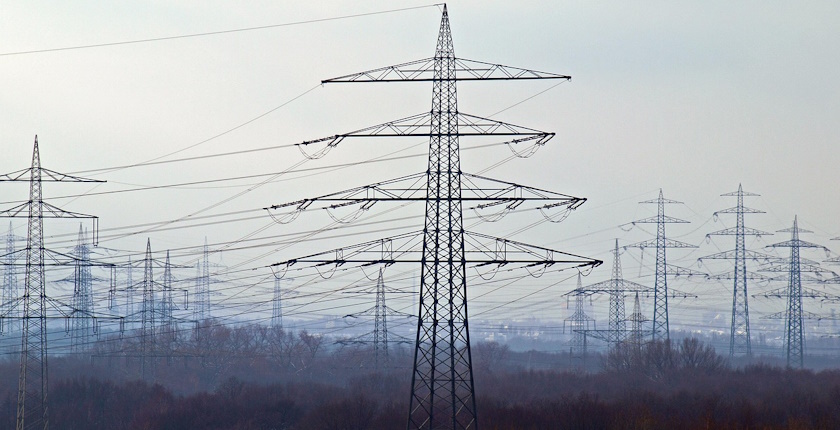
CEO of Kosovo* TSO KOSTT dismissed amid allegations of abuse of office
The Board of Directors of Transmission, System and Market Operator (KOSTT) of Kosovo* fired Chief Executive Officer Evetar Zeqiri after a complaint that former board members sent to the Special Prosecutor’s Office surfaced in the media. The company appointed Shaban Neziri as acting CEO.
Evetar Zeqiri is dismissed from the top position in KOSTT, the transmission system operator (TSO) of Kosovo*, but also fired. The board deposed the CEO, who led the government-controlled company since October 2022, and replaced him with Shaban Neziri, in an acting capacity.
Just before the announcement, the Dukagjini television station showed criminal charges that former board members allegedly filed with the Special Prosecutor’s Office against Zeqiri for abuse of office. KOSTT denied the connection between its move and “the reports published in some media.”
Allegations of interfering in procurements
According to the document, the former CEO violated his obligations regarding finance, interfered in procurement, set discriminatory criteria and demanded that all technical specifications for the company’s projects be sent to him in advance. The allegations include influence to make illegal decisions and failing to properly inform the board, causing financial damages to the company. Zeqiri has asked legal entities to withdraw their bids, during evaluation, according to the report.
The authors of the complaint, who weren’t named, said they raised concerns several times, but that they were a minority within the board and that both its then-Chairman Jeton Mehmeti and CEO Zeqiri blocked them.
KOSTT cites poor personnel management, investment
The same media outlet obtained the decision to remove Zeqiri. The board said his personnel changes impacted the functioning of the enterprise’s operational structures and the motivation of the staff. It cited unsatisfactory capital investment and improper planning of projects in the budget.
Acting CEO Neziri is an electrical engineer, in KOSTT since its establishment.
From 2021 to 2024, Kosovo* imported electricity worth nearly EUR 590 million in total, according to Klan Kosova. One of the main importers is Noa Energy Trade, a company with an apparently unknown address and owner.
Notably, government-owned Kosovo Energy Corp. (KEK) has been led by acting CEOs for the past two years, since CEO Nagip Krasniqi was arrested. The current interim head is Gramos Hashani.

